CHUNGHWA TELECOM & INTEL:
IMPROVED ENERGY EFFICIENCY
IN TAIWAN
Chunghwa Telecom, the operator of 1,600 data centers and 8,000 Wi-Fi-based stations in Taiwan, created what is known as the iEN Intelligent Network Service in order to control its own facilities. However, it quickly became apparent that the IoT solution could be expanded to include smart
city systems.
The company combined its solution with Intel technology to improve the status of street lighting in Taiwanese cities. Since 2008, Taiwan has had to import over 99% of its energy. The country is keen to improve its energy efficiency amidst severe energy generation problems. Cities have generally maintained traditional street lights by road or street, which is an inefficient and costly endeavor.
The power required by street lighting has hit the Taiwanese government hard and will likely to only increase in cost in the future, and therefore any means to increase energy efficiency is welcomed.


5%
reduction in energy consumption

The iEN Intelligent Network Service connects each streetlight in major cities to a network that monitors usage, creates maps of working and broken lighting, as well as the remote control of lighting schedules. Streetlamps connected to the network offer residents a bonus, too, as embedded QR codes can be scanned to give citizens news updates, retail offers and emergency contact numbers.
According to Chunghwa Telecom, energy consumption can be reduced by 5% by remotely managing lighting schedules. In Hsinchu, a city which has deployed the IoT solution, after replacing 11.8% of public streetlamps and switching the rest to energy-efficient bulbs, the city has reported savings of roughly $1.12 million due to a 58% energy-saving rate.
The number of malfunctioning street lights in the city has also dropped significantly, which the city says may be linked to a drop in nighttime crimes.

The city suspects the increase in functioning street lights may be linked to a drop in nighttime crimes.

